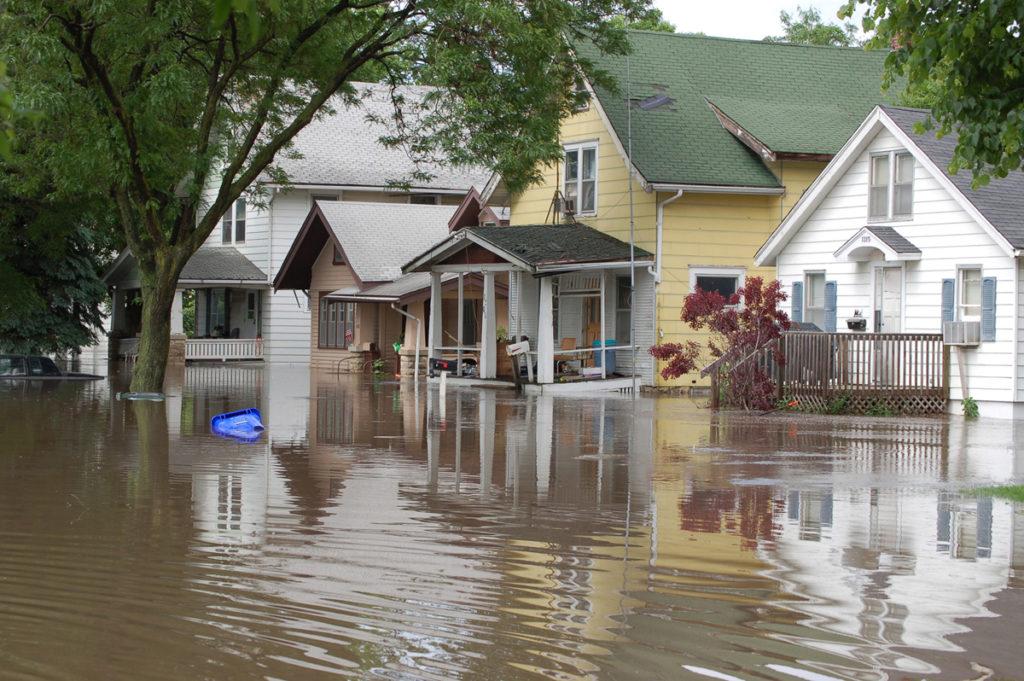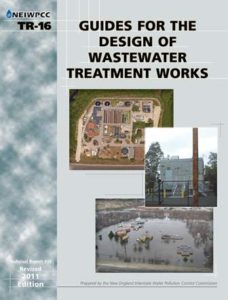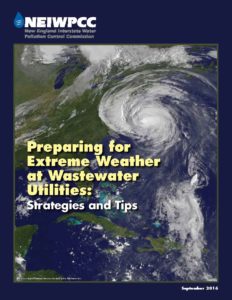In the Northeast and throughout the world, extreme storm events are growing in frequency and force.
NEIWPCC helps our state and local partners incorporate storm resiliency into watershed planning efforts and infrastructure improvements to be able to bounce back after a major storm.
Wastewater Infrastructure During Extreme Weather

Hurricanes, blizzards, and flooding threaten the operation of wastewater infrastructure and in some cases the infrastructure itself. Consequently, wastewater facilities should be made more resilient though preparedness planning and physical upgrades.
NEIWPCC has incorporated resiliency in the face of severe weather and flooding into the latest revision of our design guide for wastewater treatment works, and we periodically sponsor conferences about storm resiliency for practitioners and policy makers.
We also offer professional training to current and aspiring wastewater treatment plant operators that includes classes about preparing for extreme weather events.
In the video below, hear how collaboration between states and the federal government help ensure that wastewater utilities have the resources available to maintain clean water in an emergency situation.


